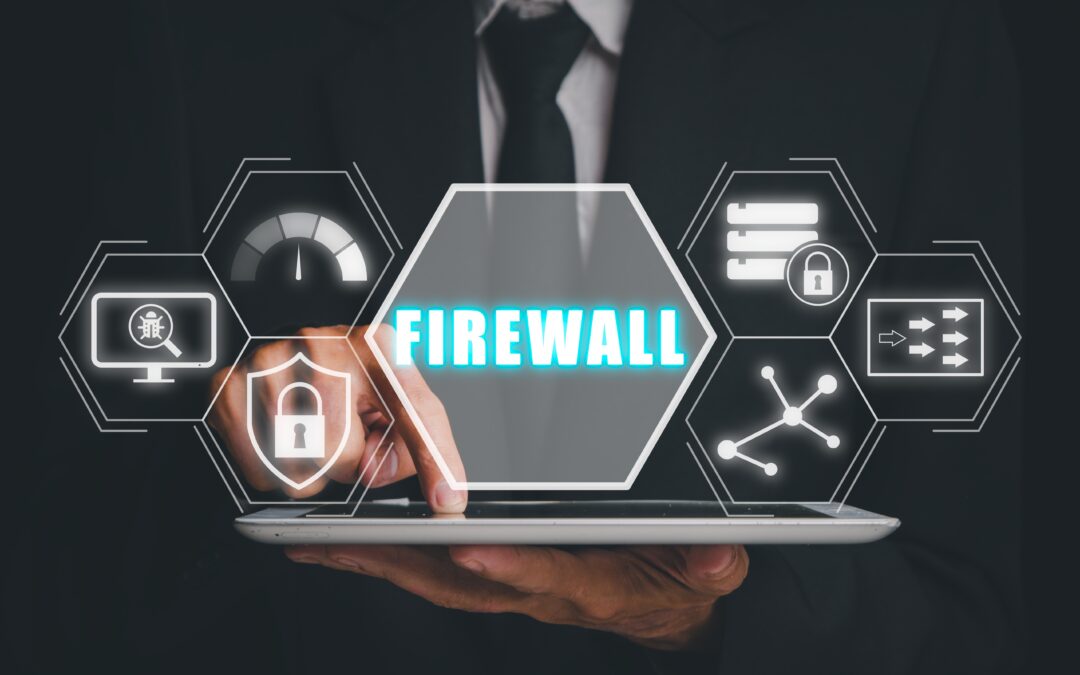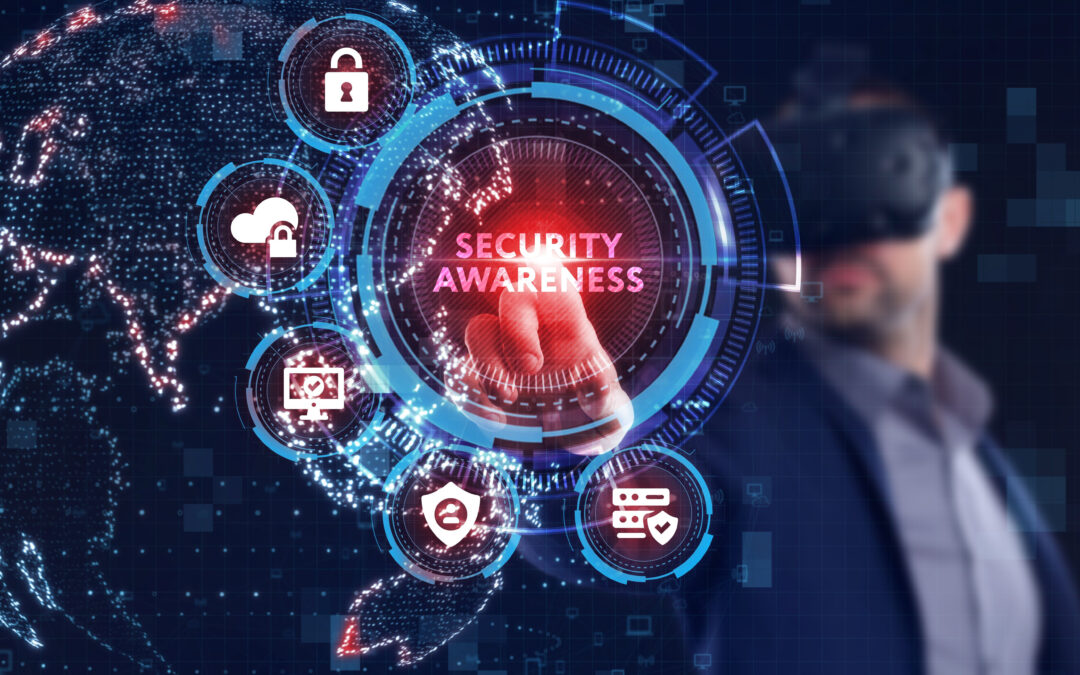
What Does Cybercrime Look Like
Have you gone phishing lately? It’s beginning to look a lot like cybercrime is just around the corner. But what does cybercrime look like? And, how will you know if cybercrime will impact your business?
The number one question our team at Black Bottle IT receives is, “Will my business be impacted by cybercrime?” The short answer is, “It is a question of when not if.” The short answer should encourage us all to learn a bit more about the most recent cybercrimes and their impact on small businesses.
Email and Internet Fraud Scenarios
- You receive an event email titled “Your Market Growth Strategy Webinar Is About To Start!” but don’t see this event on your calendar or recall registering.
- You receive a voicemail message attachment via email through a notable telecom company, but your company doesn’t utilize its services.
- You receive an email marked “high priority” from what appears to be your boss. He claims to be busy in a meeting and requires urgent action on your part to call a specific number.
These are examples of phishing that seem legitimate and often create a false sense of urgency, leading you as the user to click on a malicious link within the message or give away confidential organizational or personal information that can be used to infiltrate your company’s networks.
#1 Email and Internet Fraud: Phishing
Globally, 323,972 internet users fell victim to phishing attacks in 2021. This means half of the users who were a victim of cyber crime fell for a phishing.
What’s Next?
Those who have personally lost money to a phishing scam typically file a police report with their local department and a fraud report with the FBI. But what happens when one of your employees clicks on a phishing email and transfers a large payment for services away from your business’s bank account to a fraudulent one? And then what if that incident turns into a breach that exposes your entire network?
Cyber Insurance
Peace of mind for your business’s cybersecurity doesn’t come from quick fixes or turning a blind eye to digital threats strong enough to put you out of business. It all comes down to a total risk management solution that provides peace of mind. What does this include:
- Endpoint detection and response and segregated backups
- Next-generation anti-virus
- Multi-factor authentication everywhere
- Cybersecurity training for employees
- A cyber insurance policy specifically for your industry, size, and risk
Get started with Cybersecurity Employee Awareness Training today!



